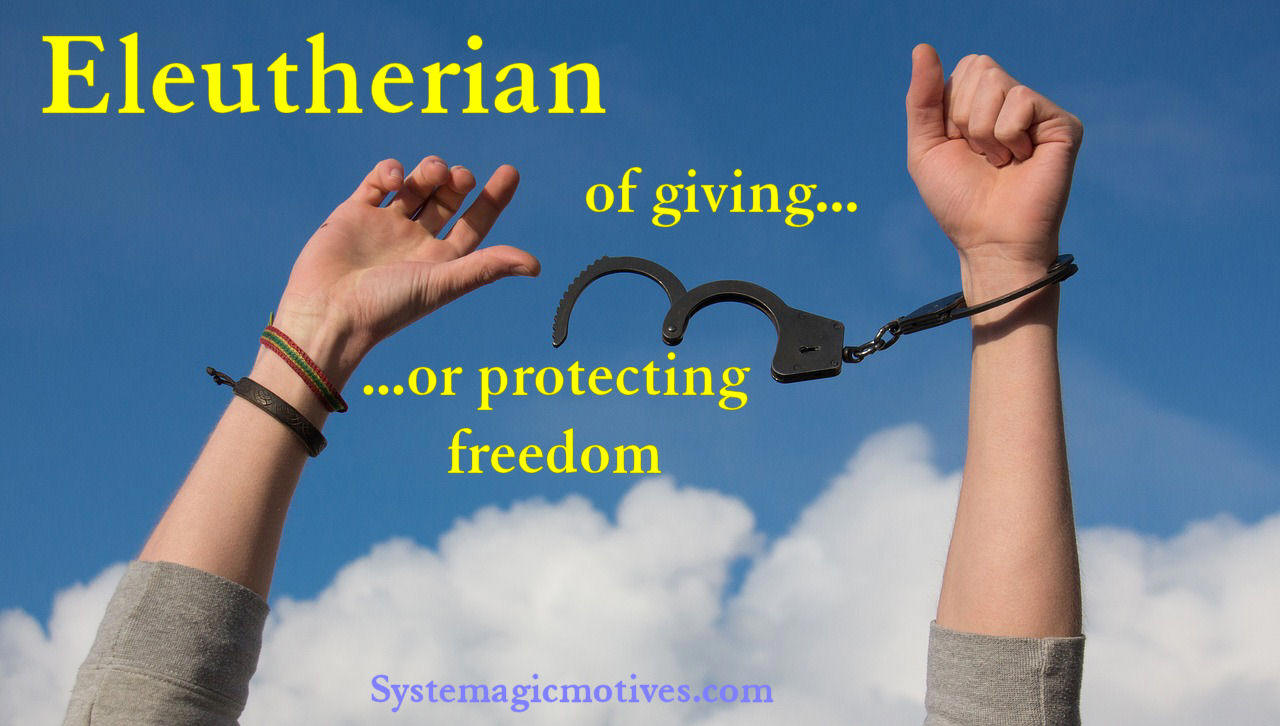

Eleutherian adj. Of giving or protecting freedom.
The term "eleutherian" derives from the Greek word "eleutherios," meaning "free" or "liberated." It relates to the concept of freedom and the state of being liberated or independent. Historically, "eleutherian" has been used to describe anything that embodies or supports the idea of freedom or liberation, whether in a political, social, or personal context.
In practice, "eleutherian" might be applied to movements, principles, or philosophies that advocate for freedom and autonomy. For example, an eleutherian philosophy might focus on the importance of personal liberty and self-determination. It can also describe organizations or ideologies that promote the cause of freedom and the rights of individuals to live without undue restriction or oppression.
Overall, "eleutherian" underscores the value of freedom and independence. It highlights the significance of being free from constraints and the importance of advocating for and preserving personal and collective autonomy. The term reflects a commitment to the principles of liberation and the empowerment of individuals to live freely and independently.
Positive Nouns that Describe People